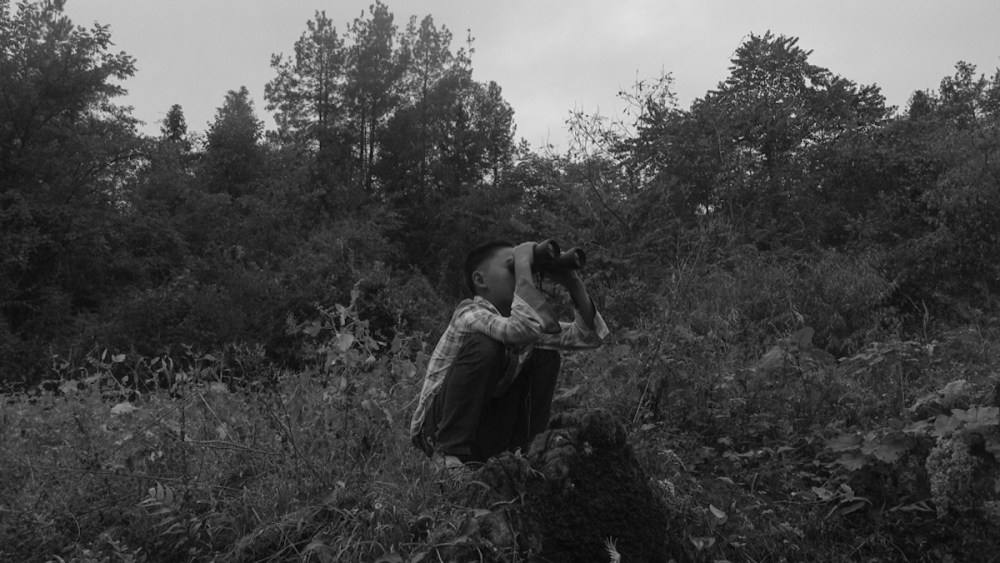A grand presented in the picturesque cinematography, “Always“Rural provides a meditation and a patient offer in the life of a teenage poet in China. But Kavita is not limited to the words of Nayak, which appears as an entertainment throughout the film; it is also in images captured by his, his family, classmates and his small villages and his people. Deming chain It should install it as a new and important voice in the documentary style.
The film opens in color, then turns black and white as is going back at a more innocent time. Later in the film, color returns, disaturated and unconscious although beautiful, marks the passage of time. The chain, which serves as his own cinematographer, followed his hero Gong Youbin since the age of 9 to 13. In this slice-off-life portrait, the chain shows how childhood experiences can shape someone, showing how childhood passion can expand its horizon, which can necessarily become a lifelong business.
Filmmaker wanted to make a film about Kavita. Gong then decided to stop writing. This initial instinct remains intact, as the images he captured maintains the aura of the poem. This change has definitely been allowed to include the writing of Gong’s classmates, making a film in more detail because a wife of teenagers find his voice and is affected by the economic difficulty of the area and their surroundings. Whether to face their difficult realities or run into the dream world, their poems “always” give their heartbeat.
Nevertheless, Gond lives at the center of the story. He lives in a multi -layered house with his father and grandparents. Patriarchy distracted her hand in an accident that obstructed her ability to provide her family. All three generations work together, at home, farm and fields. They can live in poverty and are demanding government subsidies, but it is a house marked by firmness and humor. Gong and his family members know about filmmakers, even refer to filming, yet the cameras are largely rude. The film does not ask for sympathy for this family or presents them as an object of mercy. Rather, it patiently shows them alive and prosperous despite difficulty.
A trauma in Gong’s life is clear that when he was too young, his mother ran away. Although it lies that she wanted to avoid harsh economic conditions that her husband’s disability was increased, the answer is never clear to Gong. In a poignant scene, Chen asked her about her mother, trying to run after her with the camera and hide under a bundle of grass. Gong may not be able to clarify the effect of this abandonment in words, but “always” it clearly clearly clear.
The film is also about landscape and environment. The camera carries labor in the surroundings of Gong: crops fields, half-hidden mountains, insects rotating in the soil, unconscious dust of stars at night. Most emotionally, it shows those who are working with these people. Land gives them life. There is no ideology about climate change; “Always” simply shows what the land gives and how people thrive. Some of these beautiful beautiful images looks like paintings come in life briefly on cellulids. The dialogue in this slow cinema practice is rare. It can test patience, but can also reward people who give their rhythm and embrace their time, seeing every corner of their beautiful frame.
In using both words and images in the form of poetry, Chen has made a film about the end of childhood that beautifully holds that stage in all its complexities and beauty.



